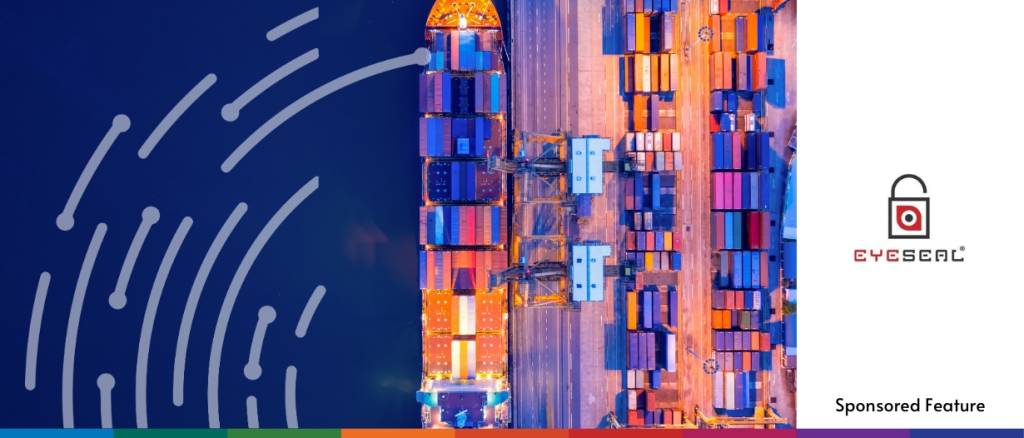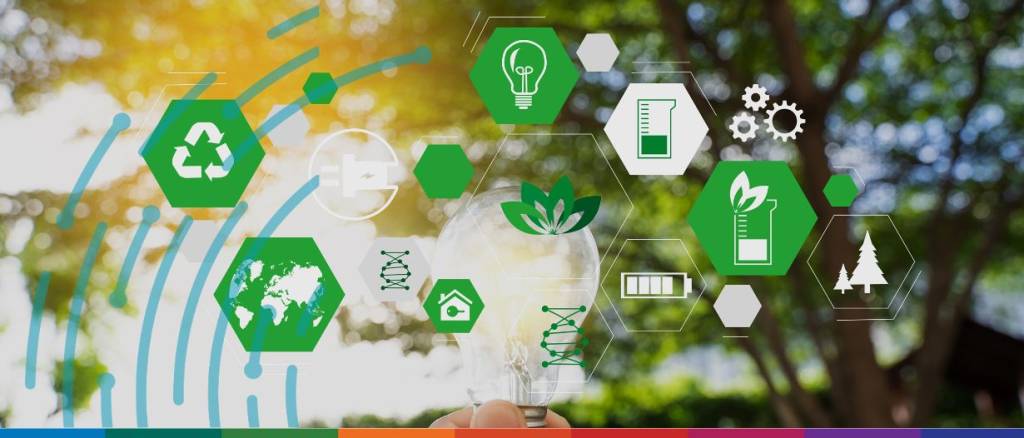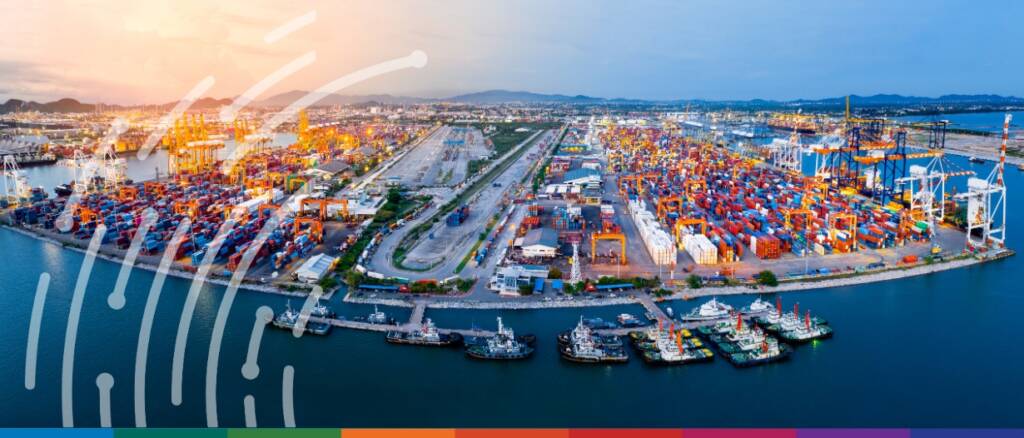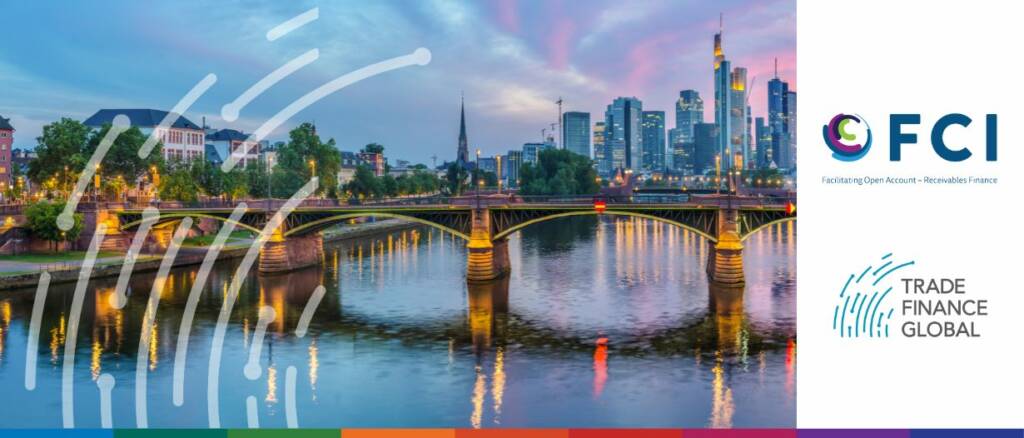At the 4th National Summit Trade Finance for Inclusive Growth organised by ASSOCHAM, the state of global trade finance was discussed by industry leaders. One point came across clearly: the path to growing the Indian economy is easy access to trade finance. Deepesh Patel, TFG’s Editorial Director, recently joined the ASSOCHAM Trade Finance Steering committee, helping to provide insights into market activities and trends.
Breach detection is the very essence of EyeSeal. Its standout characteristic lies in its internal installation of the device within shipping containers, delivering a significant edge over externally mounted devices that are susceptible to tampering.
Despite the widespread ‘backlash’ against ISDS, originating primarily in academia, ISDS offers important procedural protections for foreign investors and should be retained in Free FTAs.
One of the difficulties related to international trade is the large volume of paper documents that make up much of the information flow between the different parties, including various documents such as invoices, bills of lading, certificates of origin, and customs declarations.
The manufacturing and shipping industries tally up some of the highest, more impactful numbers to the atmosphere’s degradation, adding to an already-intense climate crisis.
For over 65 years, Export Finance Australia (EFA) has been helping businesses take on the world. Over this long history, we have gained a unique perspective on the challenges faced by exporters, and how finance can help address them.
Trade Finance Global (TFG) is proud to announce that part of its Trade Finance Talks content has been accredited as official Continuing Professional Development (CPD) resources for a wide range of courses offered by The London Institute of Banking and Finance (LIBF).
To successfully digitalise Bills of Lading, the three necessary foundations are law, standards and technology. Without their proper application, any eBL SaaS platform, notwithstanding the attractiveness of the business model, is unstable.
Despite most industries witnessing digital leaps forward over the past decade, the world of trade has kept its focus on paper-based documentation. In fact, trade documents such as promissory notes, bills of lading, and performance bonds have remained relatively unchanged for centuries.
FCI, the global representative body for factoring and financing of open account domestic and international trade receivables, has released their annual World Factoring Statistics report.
























